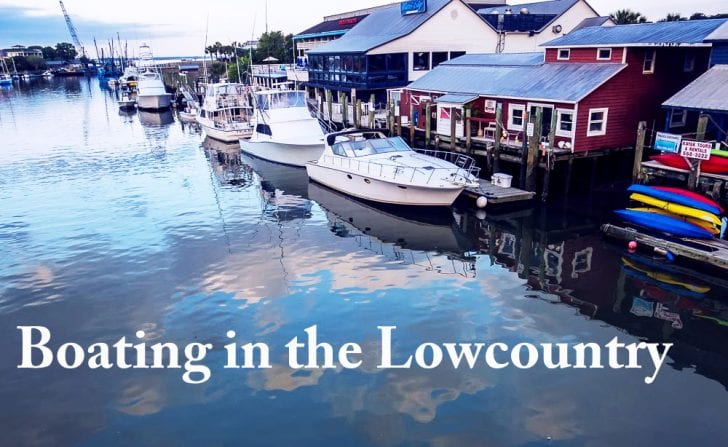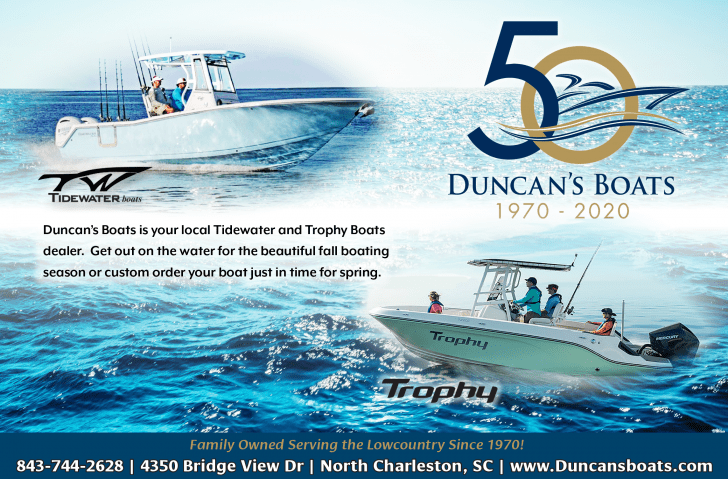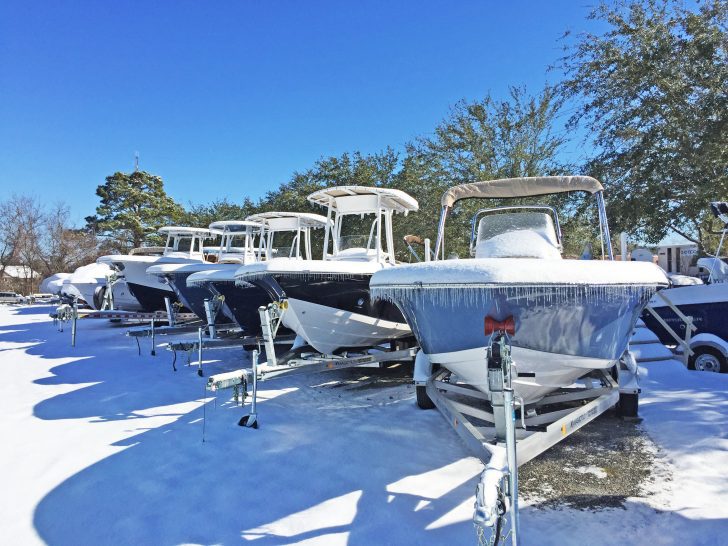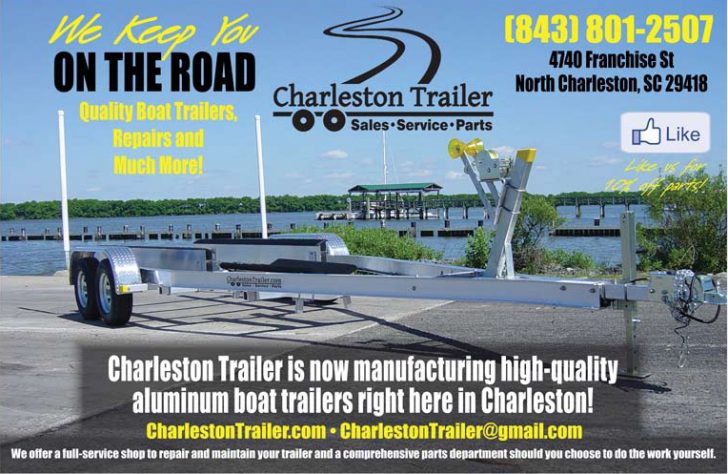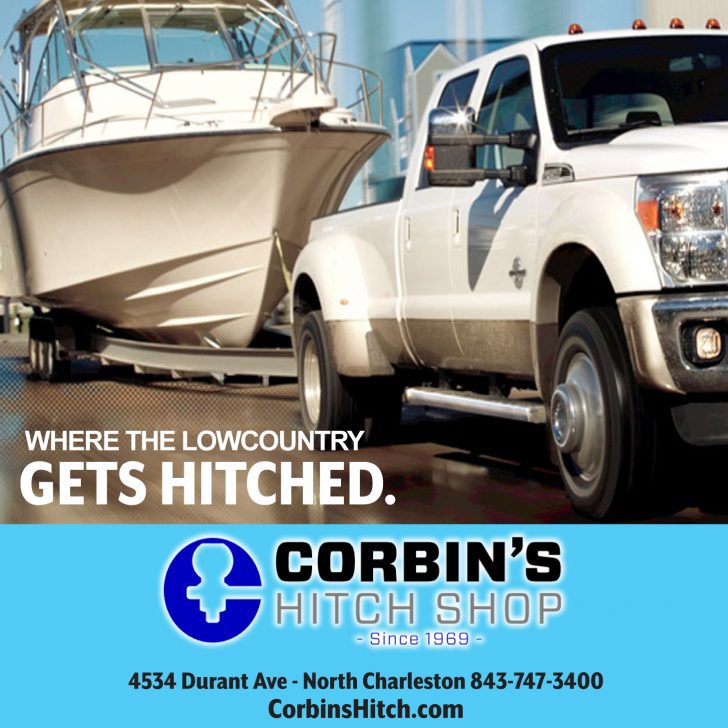Here in the Charleston area, many people feel that it just doesn’t get cold enough to winterize their boat. However, we have seen plenty of freeze damage before in our area.
As a matter of fact, we had a record breaking number of engine replacements this year. Often, insurance will not cover damage caused by freezing temperatures.
Freeze damage is the result of extreme cold temperatures over a period of time.
One night of 25 degrees likely will not be a problem, especially if we go above freezing the following day. But several days at 25 without a warm up would cause damage.
One of the advantages of outboard power is that outboards are much less susceptible to freeze damage. Unlike outboard motors, the cooling passages in stern drive or inboard outboard engines are horizontal.
This doesn’t promote natural draining of the cooling system when trimmed down as in an outboard.
We recommend running a marine approved antifreeze through the engine to provide freeze protection during harsh winter months.
Of course, full winterization means that you won’t be able to enjoy your boat on those beautiful warmer fall or winter days, unless you want to do it again.
If you choose not to winterize, be sure you have a plan to drain your block or provide additional engine room heat on those winter cold snaps.
Regardless of your engine power, do not forget fresh water, air conditioning and generator systems.
Be sure to drain these systems thoroughly or flush with anti-freeze. Winterizing isn’t just about engine freeze protection.
Allowing your boat to sit idle for several months at a time degrades fuel and is not good for your engine.
Proper lay-up techniques can reduce start up hassles next spring.
Fuel systems not being used over several months have the potential to build up varnish & corrosion inside the lines.
You may also enjoy reading When Is The Best Time To Buy A Boat?
Any ethanol blended fuels can phase separate, introducing water into the fuel system.
Injectors sitting static also have the potential to stick. Use a good fuel additive recommended by your engine manufacturer in the fuel system to help prevent fuel related issues.
Prior to winter lay-up, also be sure your battery is fully charged and that there is no draw on the battery.
Some equipment may still drain the battery with switches off, so keep a battery charger running on the system or disconnect the battery if practical.
Every boat and situation is different.
At Duncan’s Boats, we’d be happy to help you develop your particular winterization plan. We will even winterize your engine for free if you complete an annual service at the same time.
Jim Duncan / Duncan’s Boats
www.duncansboats.com / 843-744-2628
For more informative reading visit Duncan’s Boats Learning Center

